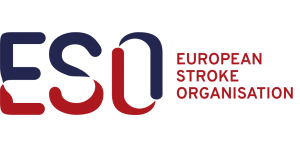4 million Europeans have had a stroke. Stroke is the 2nd leading cause of death and a major cause of disability globally.
Randomised Trials
Randomised trials provide the best evidence supporting new treatments for stroke. Stroke research networks improve patient access to new treatments and increase completion of randomised trials.
The European Stroke Organisation Trials Alliance (ESOTA) is an international European ‘network of networks’ to support stroke randomised trials in Europe.
ESOTA supports stroke research collaboration, education, communication and advocacy in Europe. The main focus is on randomised clinical trials in stroke acute care, prevention and recovery.
Via membership of ESOTA, clinician-scientists will be more easily able to identify European collaborators to participate in randomised trials, leading to improved treatments for patients.
ESOTA – The ESO Trials Alliance
The main goals of ESOTA are to
- Support European collaboration for stroke research;
- Promote capacity-building for trials research in Europe by educational activities and supporting new stroke research networks;
- Promote stroke trials to funders, policy-makers, and other stakeholders (e.g. patient groups).
Why ESOTA?
Improvement of international stroke research networks can increase efficiency and reduce waste in clinical trials of stroke treatments.
Conducting investigator-led randomised trials is becoming increasingly complex, due to the need for large sample sizes and growing complexity of the regulatory and funding environment. This complex context poses a serious risk of inefficiency in stroke research, unless initiatives to increase collaboration among European stroke researchers are undertaken.
Considering this, the ESO Trials Network Committee established a structure to improve multinational European stroke research collaboration for the long-term – the ESO Trials Alliance (ESOTA).
The management of trials is not performed by ESOTA, but remains with individual investigators and their teams.


